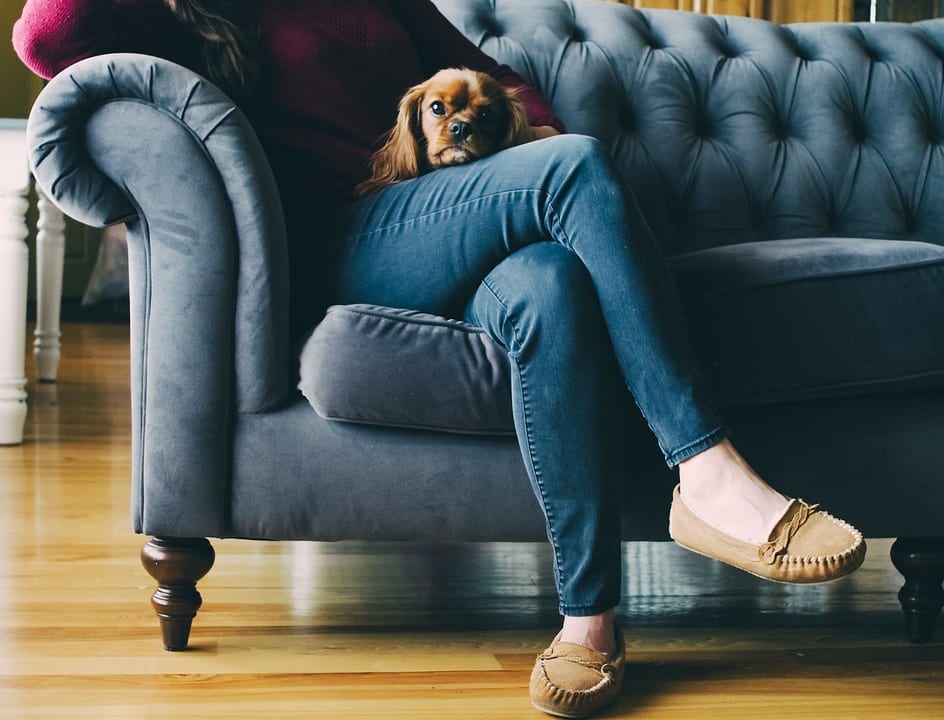Avoid cabin fever: look after your psychological health

Being stuck in isolation due to the coronavirus can be a real drain on your psychological health. But you can work through it.
Your psychological health reflects how you feel, think, behave and relate to others. All of these areas are being affected by current global events and the need to physically distance ourselves.
Research shows maintaining your psychological health can help protect you from experiencing a significant mental illness, such as depression or anxiety. So, with most of us self isolating due to the coronavrius pandemic how do you look after your psychological health in the coming months?
We spoke to our research scientist and registered psychologist Ian Zajac about this very topic. Here’s what he had to say.
Where should I start?
As a psychologist, I often ask my clients two simple questions. Of course, this is a starting point for a more thorough assessment. But these are simple questions we should all be asking ourselves every day as we navigate the next few months.
- Overall, how would you rate your mood today on a scale from 0 (worst mood ever) to 10 (best mood ever)?
- If you could do one thing today to move your score upwards, towards the number 10, what would that be?
Keep your body moving
Many people’s answer to question two involves some sort of body movement. This makes perfect sense. Keeping yourself active stimulates the production of neurochemicals. These are the body’s natural feel-good hormones.
If you’re following the government’s advice and spending more time at home, you’re probably sitting down more than ever. There is a direct link between long periods of sitting and a decrease in physical and psychological health. The longer you spend stationary, the more your mood will decline, you’ll start to feel flat, and you’ll lose your motivation.
But there is some good news! When it comes to moving your body, you don’t need to think about ‘exercise’. Any sort of body movement is good for you and your brain.
So, be creative when it comes to keeping yourself active and try to do something different every day. Here’s a list to get you thinking:
- a gentle stroll around the block
- spend 30-minutes gardening
- dance to your favourite tunes during a lunch break
- spend some time working in a standing position (if possible)
- do some of those cleaning chores (think vacuuming, making the bed, washing the dishes or cleaning the windows)
Stay connected
Another typical response to question two involves some sort of social connection. Feeling lonely and isolated is strongly linked with poor psychological health. Connecting with others makes us feel heard and validated. In fact, social connection is one of our fundamental human needs. So, it’s something we need to actively support.
The distancing measures we’re all taking can make this more difficult. But there are a range of ways to foster connection, such as:
- virtual coffee breaks with colleagues
- shared meals with family and friends using Skype or FaceTime
- virtual group chats (think meme of the week)
- play a board game with household member
- do any of the physical activities listed above with your child, partner or another housemate
Remember – it’s ok not to be ok
Australia is facing tough times, and we need to look out for our own and other people’s psychological health. If you need more support, talk with your GP, psychologist or one of the various telephone support lines available such as Beyond Blue or Lifeline.
Be kind to yourself, remember if you don’t take care of yourself then you can’t care for others. Take care and stay home, the HCG Team.
Source: CSIRO
